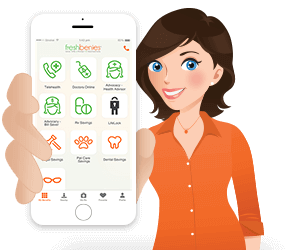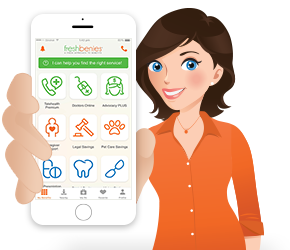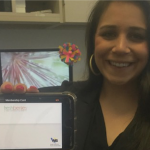8 REASONS YOU SHOULD CARE ABOUT ICD-10
Recently, I was diagnosed with astigmatism and needed a simple pair of glasses. When I received the bill from my optometrist, I noticed 6 different codes. There was a code for the exam, the frame, polycarb (something that protects the lens), material copay, fundus photography (not sure what that is), and something else with lots of numbers and letters that needed deciphering. These are called CPT (Current Procedural Terminology) codes and they describe the services I received. A diagnosis code was also listed for astigmatism. Of course, these numerous codes added up to ONE hefty bill.
At some point, you’ll receive a medical bill and get to deal with some crazy codes, too. What are they, you ask?
Diagnosis codes have been in use for over 30 years as ICD-9 and were just updated in October 2015 to ICD-10 codes. Doctors and hospitals use ICD (International Classification of Diseases) codes when they bill you for a procedure or service. This is a widely recognized international system for recording diagnoses. The codes are applied to any diagnosis, symptom, or cause of death and follow an international standard. This ensures that the diagnosis will be interpreted in the same way by every medical professional both in the U.S. and internationally.
Because these new codes affect all of our medical providers, they could some day affect you. To help, I’m sharing 8 things you should know…
1. Due to the advancement of medical technology and an increase in diseases since the last revision to medical coding, these codes will be more comprehensive with new diagnoses and more detail about what’s being treated.
2. There’s a lot of confusion in the medical industry about the new codes. ICD-10 has almost 19 times more procedure codes and 5 times more diagnosis codes than ICD-9. As a result, the codes are now VERY specific. For example: “Pedestrian on foot injured in collision with roller-skater, subsequent encounter.” (Seriously!)
3. Physician offices typically use a small number of diagnosis codes that are general in nature and/or related to a specialty. The multiple new codes could cause additional work. Also, specialists will have to provide more detail in medical records and when submitting claims. For example: If you have orthopedic or heart surgery, the physician has to be specific about what veins are affected, not just the general area. Some estimate this could increase the documentation time by 20% which could delay processing, and that means delays in getting your claims paid.
 4. Insurers will also be challenged as they review claims. There will be more tracking, researching codes and matching procedures. You may experience claims being rejected or delays in receiving follow-up care or test results if the right code was not provided.
4. Insurers will also be challenged as they review claims. There will be more tracking, researching codes and matching procedures. You may experience claims being rejected or delays in receiving follow-up care or test results if the right code was not provided.
5. The new codes and diagnoses could create more specific treatment options. This helps fine tune fees for services, improves the delivery of care, and helps ensure the overall quality of care.
6. With more specified information, the accuracy will be much higher for claims reviewed by insurance companies. Fewer claims could be denied or rejected.
7. Providers will have a more complete picture of the health status of the elderly and those needing ongoing care. The ICD-10 codes can have a positive impact on older and chronically ill patients.
8. As always, checking EOBs and medical bills could save you a bundle. If you have any issues with medical billing, claims, or paperwork processing, help is available through advocacy programs.
fb2.0_vision_savings_blog_ad.jpg

To ensure you make it through an illness with the right bill, diagnosis and codes, it’s important to be informed and work with your doctor to note all the details about your condition and/or procedure.
Have you had issues with medical codes or billing before? What was your experience? Do you have questions? Feel free to post them in the comments below or email me at angie@freshbenies.com.















